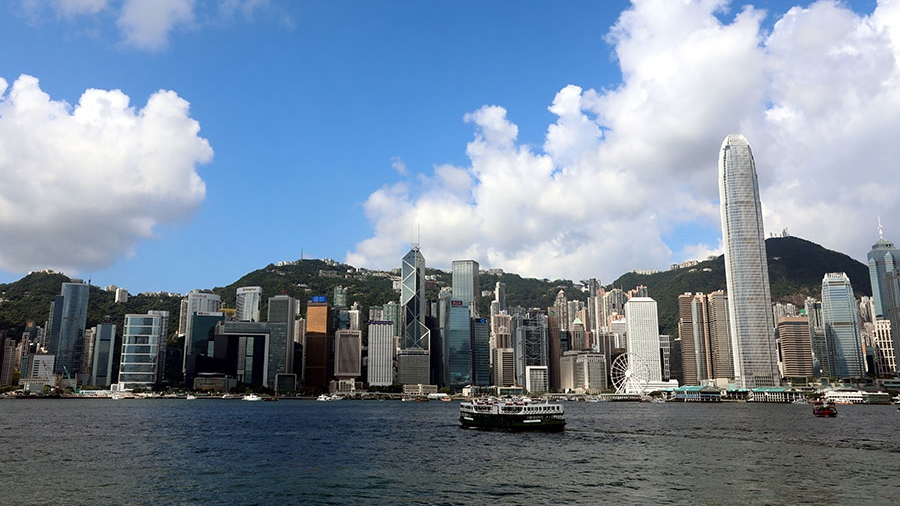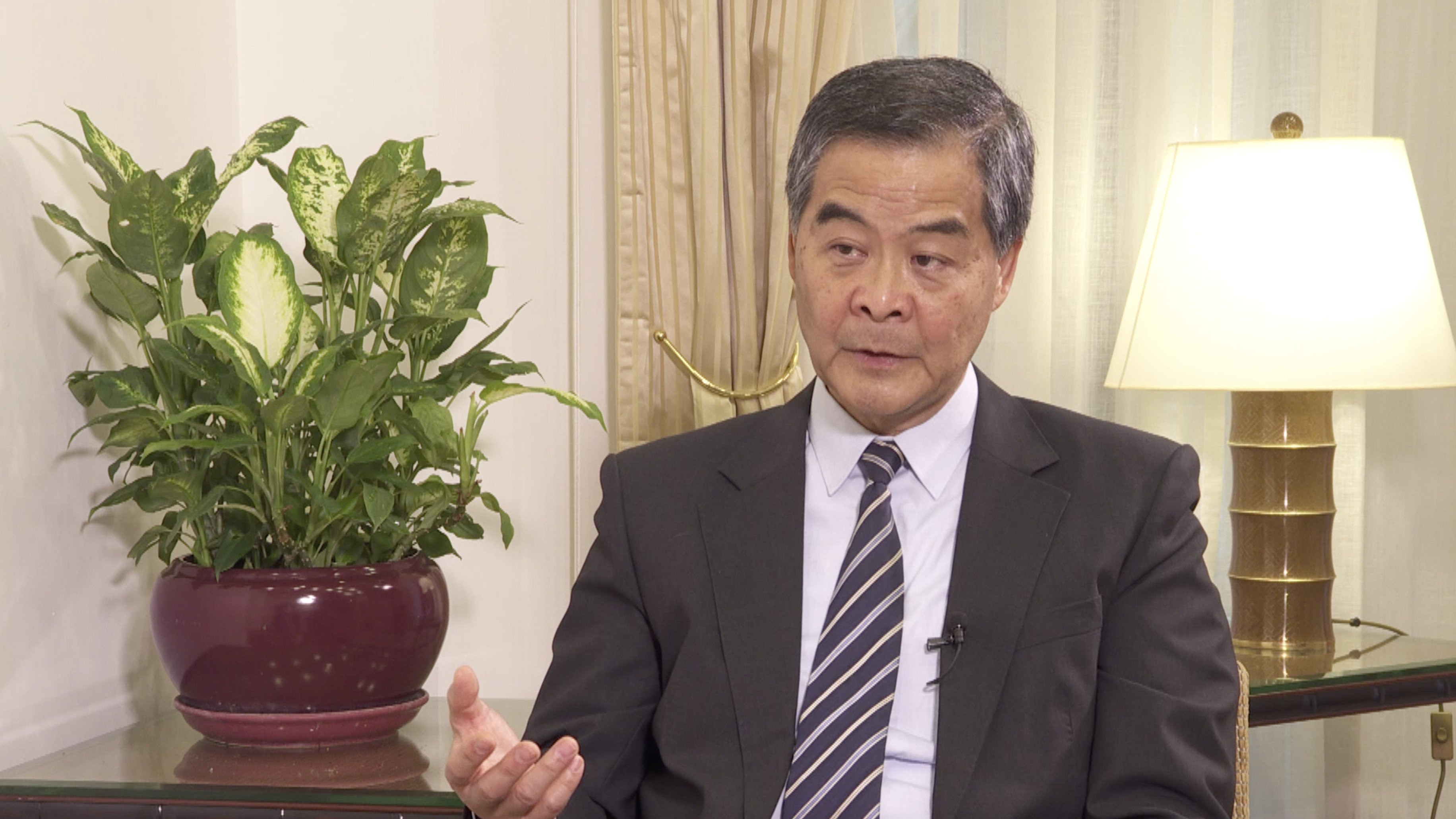
A panoramic view of the financial area in Hong Kong, south China. /Xinhua
A panoramic view of the financial area in Hong Kong, south China. /Xinhua
Demosisto, a separatist group advocating "Hong Kong's independence," announced the closure of its operations in the city on Tuesday after its leader Joshua Wong and key figures of the group - Nathan Law, Jeffrey Ngo and Agnes Chow - said they were ending involvement with the group.
"After much internal deliberation, we have decided to disband and cease all operations as a group given the circumstances," declared the separatist group on Twitter.
Wong and his Demosisto are accused of colluding with foreign forces and disrupting Hong Kong's social order by organizing separatist activities and inciting teenagers to participate in them.
Wong held several meetings with international politicians and visited the U.S. in an attempt to beg for foreign interference in China's internal affairs.
U.S. Commerce Department said on Tuesday that it was ending special treatment of the Hong Kong Special Administrative Region (HKSAR). China in response has vowed to take necessary countermeasures to firmly safeguard its national interests, Chinese Foreign Ministry Spokesperson Zhao Lijian made the remarks at a daily press conference the same day.
The special treatment of Hong Kong refers to what is offered by the Hong Kong Relations Act enacted by the U.S. Congress in 1992. The act allows the U.S. to continue to treat Hong Kong separately from the Chinese mainland for matters including trade.
Earlier, HKSAR Chief Executive Carrie Lam also stressed that Hong Kong "is not afraid of" the U.S. sanctions while reiterating SAR's resolute support to the central government if it takes any countermeasures against the U.S. move.
Read more:
China vows to take countermeasures against U.S. actions over Hong Kong
China's top legislature passes national security law for Hong Kong
03:58

The 20th session of the Standing Committee of the 13th National People's Congress (NPC), China's top legislature, voted unanimously to adopt national security legislation for the HKSAR on Tuesday, a "resolute" effort taken by the central government that makes secession, subversion and collusion with foreign forces illegal.
The decision puts key emphasis on improving Hong Kong's legal system and enforcement mechanisms while maintaining a high degree of autonomy under the principle of "One Country, Two Systems".
In an interview with CGTN, former HKSAR chief executive Leung Chun-ying stressed the necessity of the security law in Hong Kong, pointing out that all countries have national security law to protect their national sovereignty.
Leung believes the move will fill the existing vacuum and loopholes in Hong Kong's legal system and safeguard the city's social order.
(With input from Xinhua)